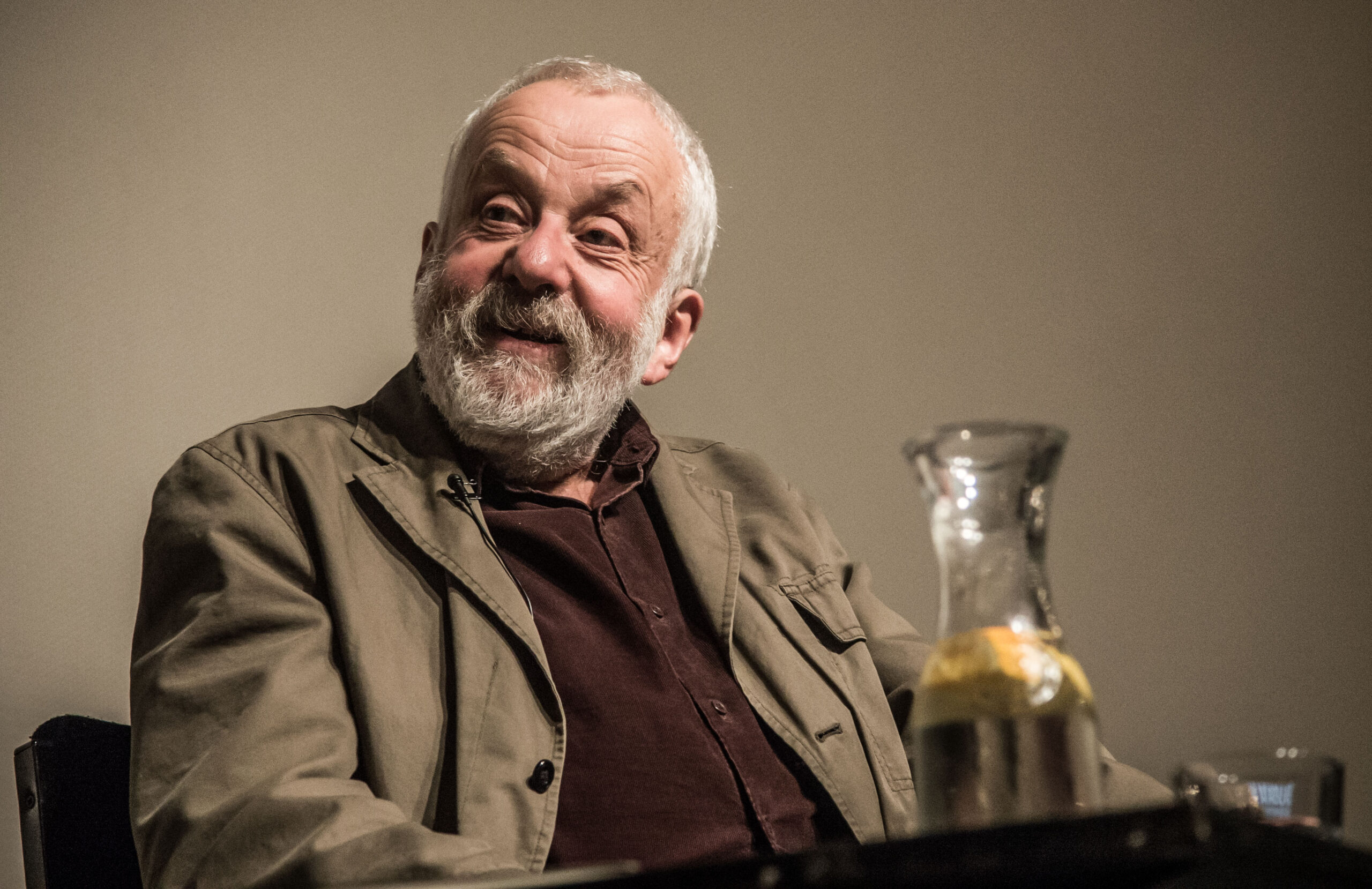Young British Filmmakers Are Throwing Out the Kitchen Sink
I, Daniel Blake had its moment. It’s time for something new.
by Joel Blackledge
4 December 2021

What does the UK’s politically progressive film culture look like? For a long time, the left’s answer has been social realism. Naturalistic and miserabilist, this is the semi-official British national cinema. But while that’s a proud and important heritage – including such gems as Vera Drake, This is England and Fish Tank – is it time to move on?
As a British institution, social realism has its roots in documentaries and the ‘kitchen sink’ theatre of the 1950s. This strain of realism opposed the respectable gloss of fiction, focusing instead on the messy, often ugly experiences of working-class life. In film this became a style that aimed to represent those experiences with unvarnished simplicity, characterised most of all by socialist stalwart Ken Loach (Trevor Griffiths even memorably said that, if he could, Loach would prefer to make films without the camera). There was a huge political promise in bringing reality to an art-form known for glamour and escapism.
Yet, as social realist cinema has gained prestige and awards, over time it has tended towards heavy-handed cliches of victimisation. Only a hard heart would be unmoved by 2016’s I, Daniel Blake, but the unsubtle saints-and-sinners narrative deprives it of bite, let alone hope. In an age already saturated with images of misery and deprivation, shouldn’t political films do something other than engender empathy?
https://www.youtube.com/watch?v=Tq7-2ilFhJM&ab_channel=MovieclipsIndie
British filmmakers seeking to break new political ground face an uphill struggle. The film and TV industries are disproportionately populated by the privately educated, and while that doesn’t preclude radical politics, it does speak to how inaccessible the sector remains. Can we have authentic working-class experience on screen without working-class talent behind the camera?
Further danger approaches in government plans to limit student numbers for so-called low-earning arts degrees. As a response to ballooning student debt, that’s not unlike bulldozing your house because it’s on fire: the fire is out, but you have nowhere to live.
Putting aside the faulty assertion that degrees determine salaries, these plans continue the Tories’ decade of gutting arts education – a constant of every education minister, from Michael Gove to Nadhim Zahawi. For anyone without a safety net, seeking to upturn an industry still reliant on connections and unpaid internships is not an enticing prospect.
However, while some barriers to new creativity remain, a major difference since the heyday of the kitchen sink is the unprecedented accessibility of film technology. We don’t have to look to large institutions to find artists forging a political path away from both genre cinema and social realism. Indeed, with notable exceptions like the BBC’s Small Axe, the British film establishment rarely produces such work today.
The UK short-film scene is especially busy with fiercely creative filmmakers reshaping realist cinema into something more dynamic. Laura Wadha’s Flight (2018) combines home movies, Skype calls, and phone footage shot by her Syrian cousins as they flee to Europe, tracing the devastating impact of forced migration on children. Oscar Hudson’s Joy in People (2017) uses a prank show-like setup to offer a deceptively guileless takedown of nationalism. Trim Lamba’s Cracked Screen (2017), filmed on Snapchat, is a portrait of racism shocking for its immediacy and power.
Among the more directly political new filmmakers is Ayo Akingbade, in whose works – in the spirit of groups like the Black Audio Film Collective – ideological and aesthetic radicalism go hand in hand. Her series about housing combines avant-garde, documentary, drama, poetry and direct social commentary to place community experience above a single voice. Dear Babylon, a documentary on residents of London’s Dorset Estate, even frames itself around young people who decide to make a film about a crippling housing bill. They are not victims, nor are they heroes; like Akingbade herself, they are artists, audiences, and activists all at once.
This is the rise of a generation of filmmakers who came of age around digital hypermedia, and are accustomed to seeing different styles sit together in one space. The treacherous term ‘content’ is derided by film critics, but it does reflect the collapse of previous boundaries – not only between TV and film but also personal diary, documentary, music video, history, journalism, comedy – and anything else young artists might pull into their frame.
The contemporary media landscape – a crowdsourced collage of daily experience – is often given to surrealism, flamboyancy and chatter, so ‘realism’ is no longer in the dour kitchen sink style. Reality is, rather, the layering and framing of many different stories at once: a cinema of multiple open tabs, cameras that never turn off, and audience-creator interchange. For representing the country’s political realities while resisting Hollywood appropriation, there’s an almost unlimited toolkit available.
If opportunities to pursue such experiments are cut off in mainstream education, they will be created elsewhere. Let’s hope there is an audience willing to take it up too.
Joel Blackledge is a writer, filmmaker, and media lecturer.


